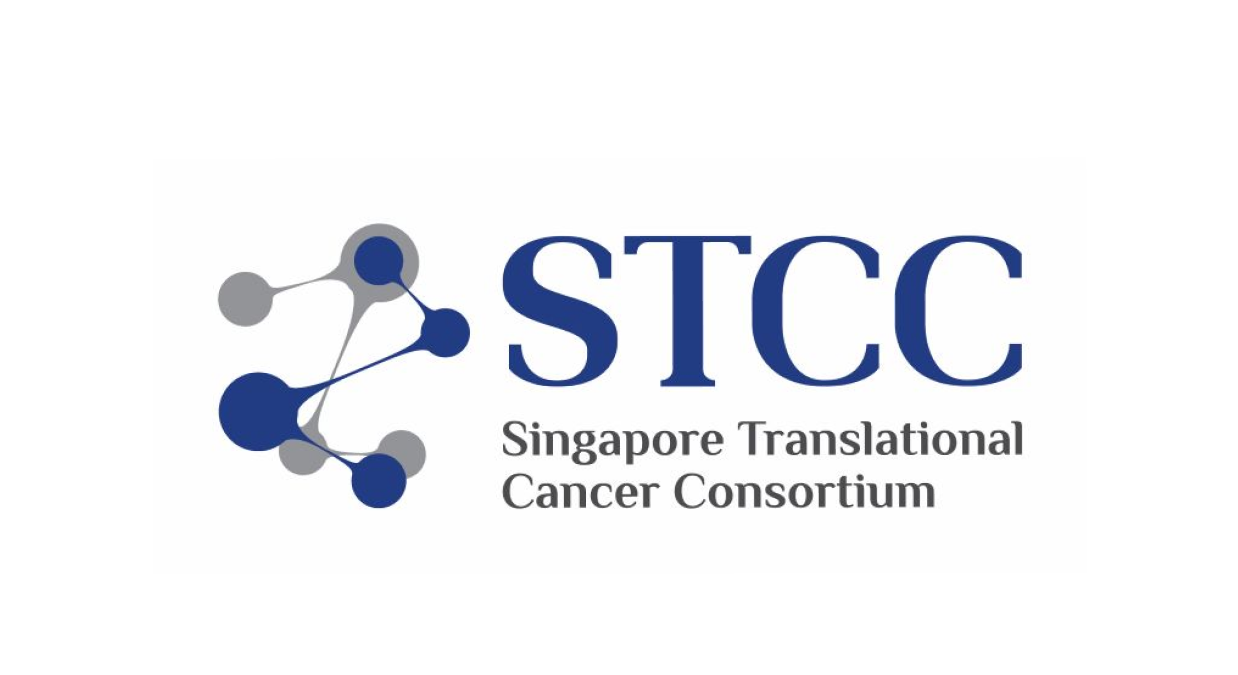Akoya Biosciences Partners With Singapore Translational Cancer Consortium (STCC) on SUPER Study to Boost Cancer Immunophenotyping for Singapore Patients
Akoya and STCC partner on the SUPER study to identify spatial biomarkers that predict patient response to cancer immunotherapy in Singapore.
Breaking News
Apr 24, 2025
Simantini Singh Deo

Akoya Biosciences, Inc., known as The Spatial Biology Company®, has announced a collaboration with the Singapore Translational Cancer Consortium (STCC) to support the STCC Unified PD1/PDL1 Evaluation of Response (SUPER) study. This study is designed to identify and validate spatial biomarkers that can predict how patients respond—or fail to respond—to immune checkpoint inhibitors.
These inhibitors, such as pembrolizumab and nivolumab, have revolutionized cancer treatment, but responses among patients vary widely. Some individuals experience exceptional benefits, while others may exhibit a phenomenon known as hyperprogression, where the disease advances more rapidly following treatment. The SUPER study is the first of its kind in Singapore and will involve a pan-cancer cohort of 200 patients, including 100 exceptional responders and 100 hyperprogressors.
To better understand the biological mechanisms behind these varied responses, the study will use Akoya’s IO60 panel, a cutting-edge spatial proteomics tool that allows researchers to analyze the tumor microenvironment with high precision. This panel will help identify patterns in immune cell interactions and biomarker expression that correlate with treatment outcomes.
The study has several key goals: to determine which combination of assays and biomarker profiles best predict response or resistance to PD1/PDL1 inhibition; to develop a combinatorial assay kit or model for clinical application; and to establish a national biomarker discovery platform focused on patients who exhibit extreme responses to cancer immunotherapy.
Dr Anand D. Jeyasekharan, Platform Lead, Translational Research Integration & Support at STCC, said in a statement, “The SUPER study design is a unique approach to redefining immunotherapy strategies. Dr Jeyasekharan is also Senior Consultant, Department of Hematology-Oncology, NCIS and Principal Investigator and Facility Head (Spatial Biology Core) at the Cancer Science Institute of Singapore at NUS. We aim to develop a precision medicine approach for cancer immunotherapy, by integrating spatial approaches with DNA/RNA sequencing to identify predictors of response to these expensive medications.”
Brian McKelligon, CEO of Akoya Biosciences, stated, “We are excited to collaborate with STCC to drive advances in personalized medicine. Our IO60 panel offers critical insights into the tumor microenvironment, paving the way for more effective cancer treatment.”
By providing deeper insights into the spatial organization of the tumor microenvironment, the SUPER study has the potential to significantly advance the field of personalized oncology. The findings could improve the ability to predict patient outcomes, guide treatment decisions, and reduce unnecessary healthcare costs. Akoya’s collaboration with STCC reflects a shared commitment to transforming cancer care through advanced spatial biology, and it represents a major step forward in the global effort to optimize immunotherapy strategies for better patient outcomes.
